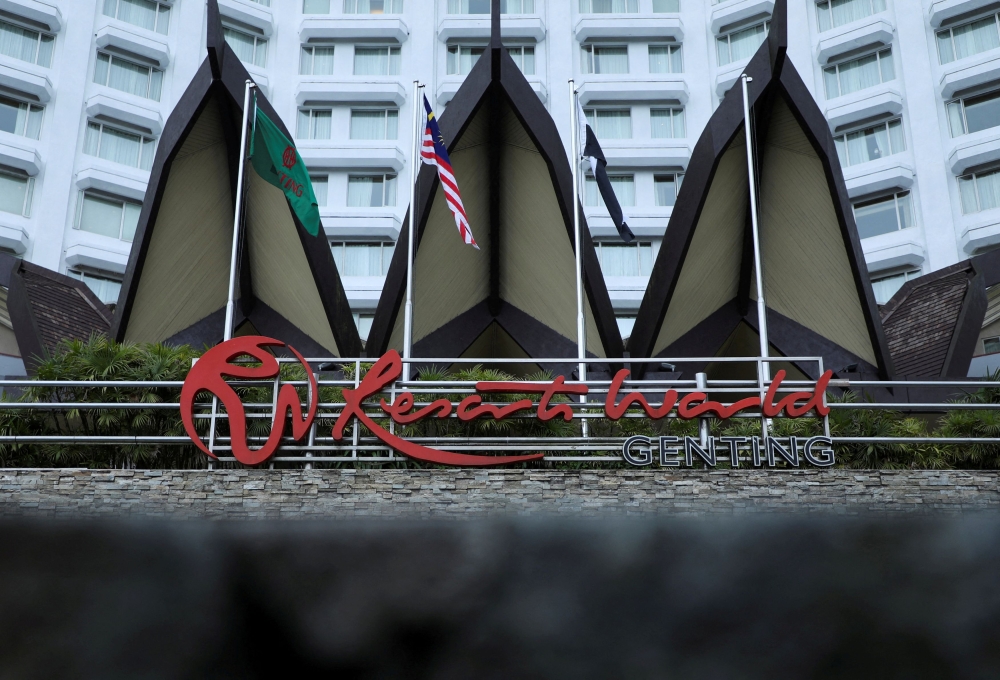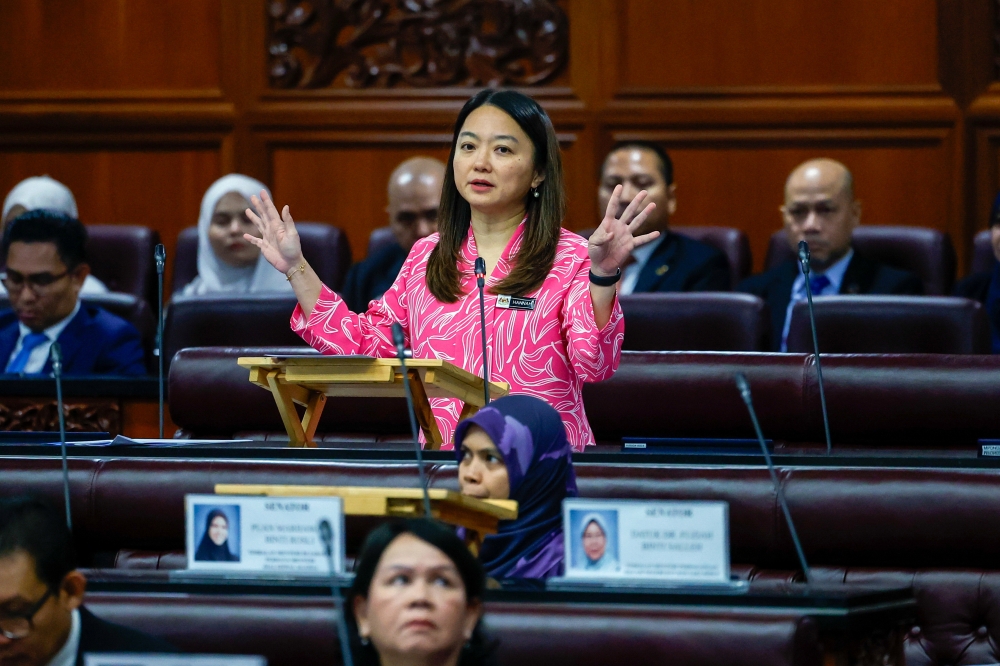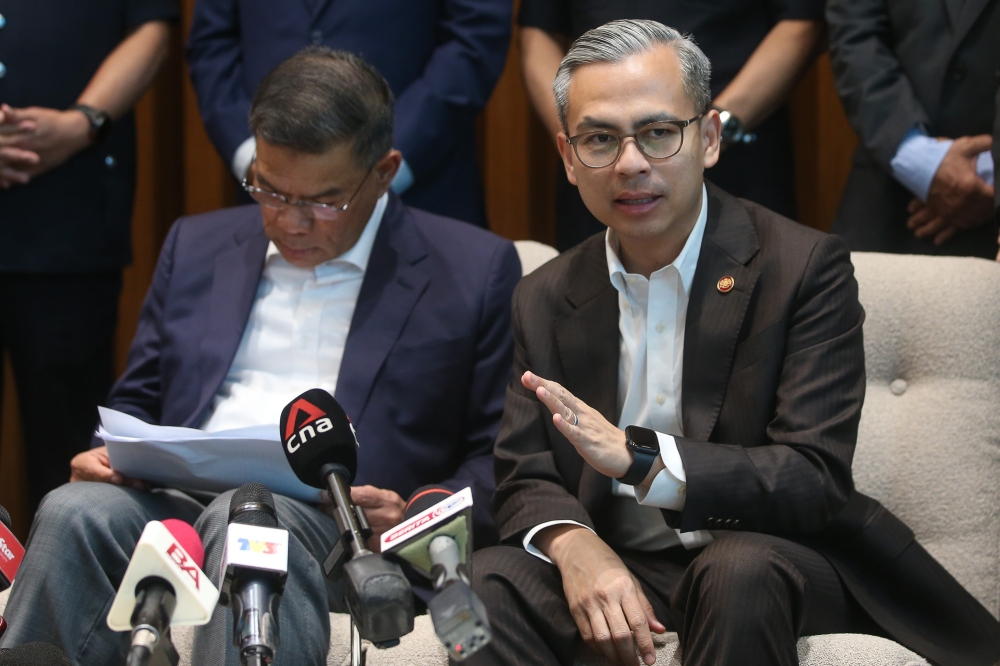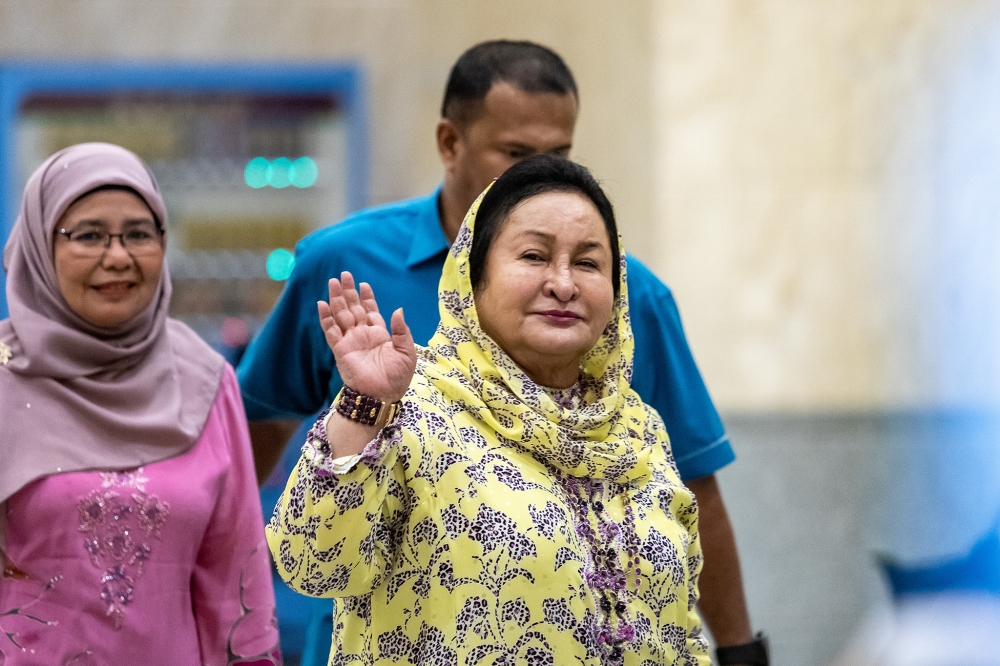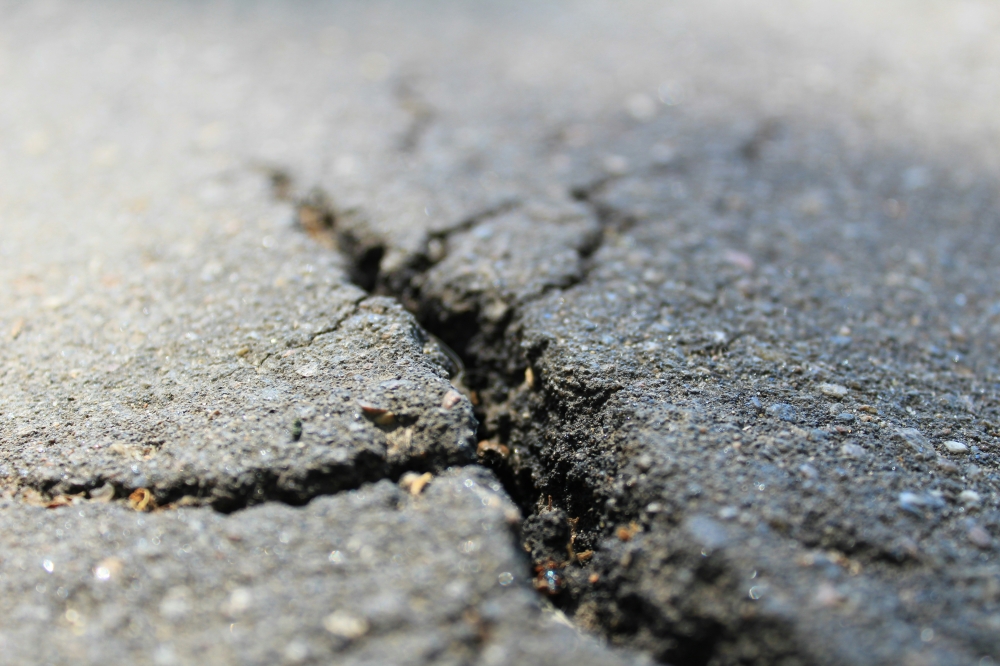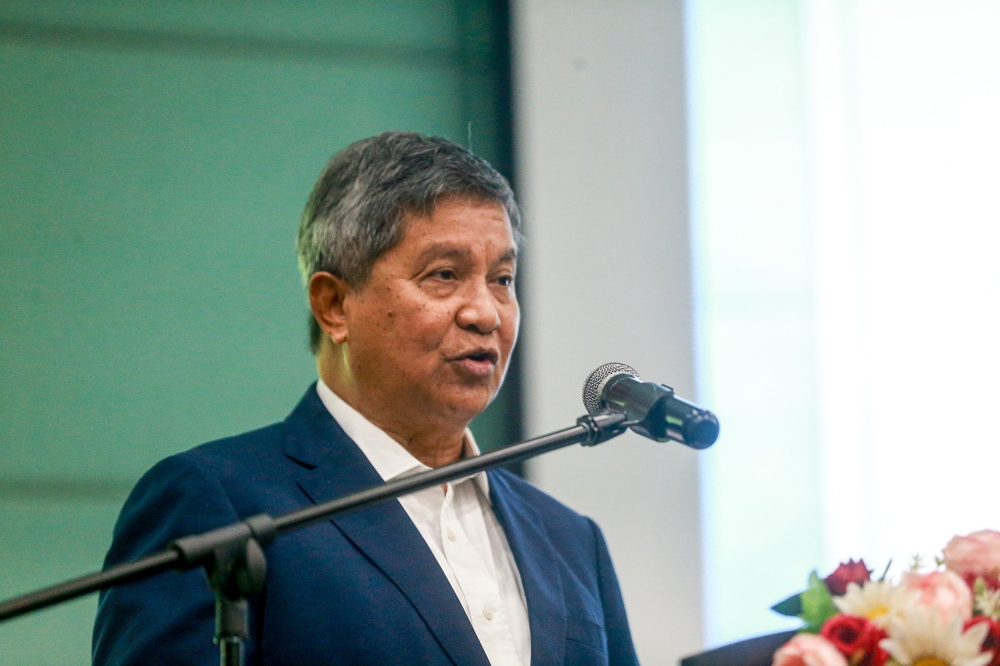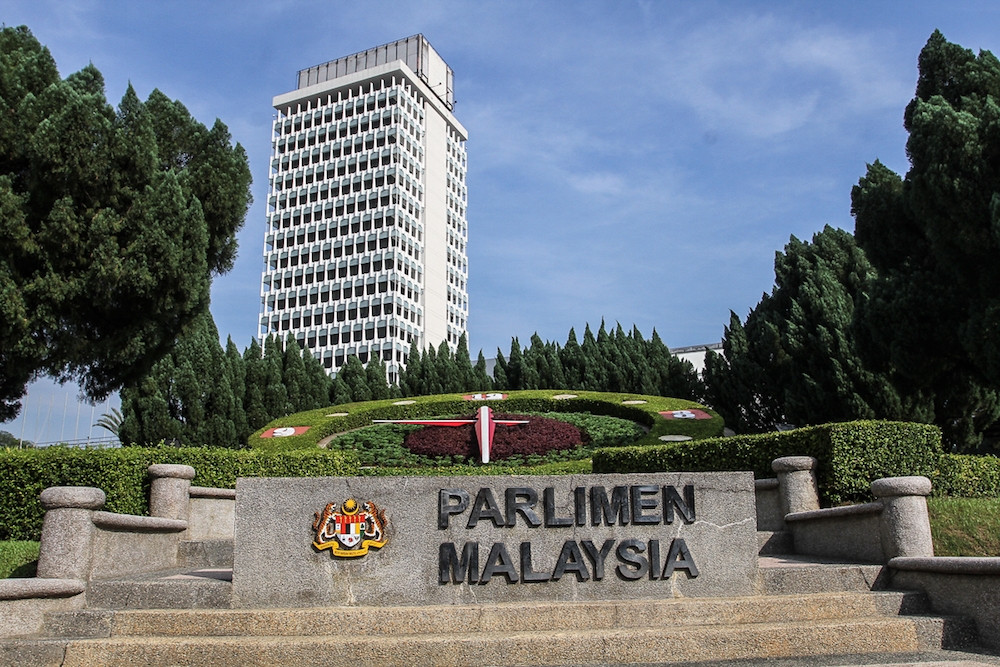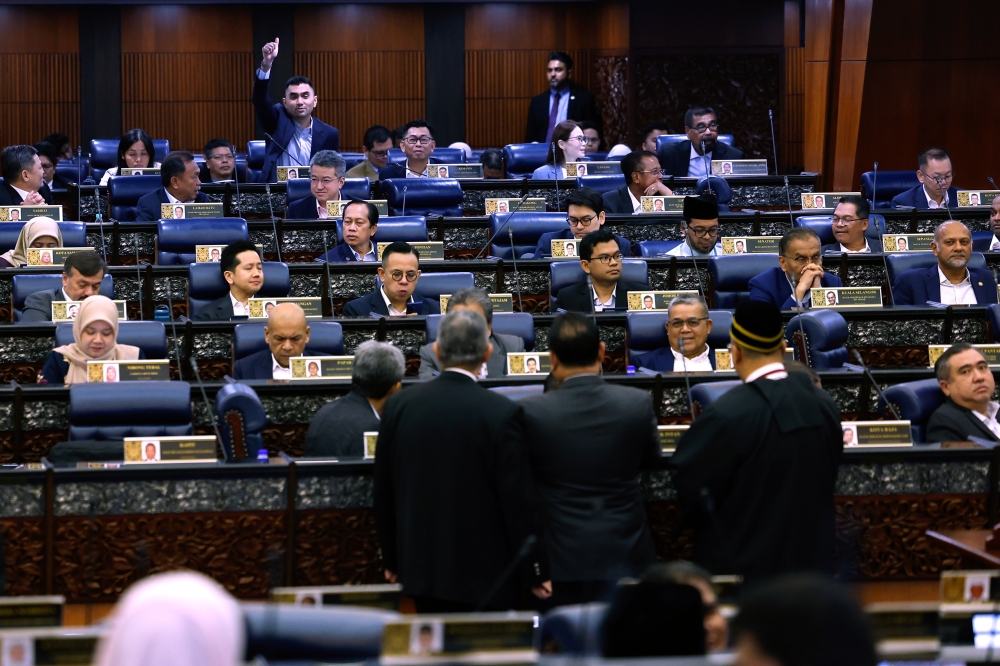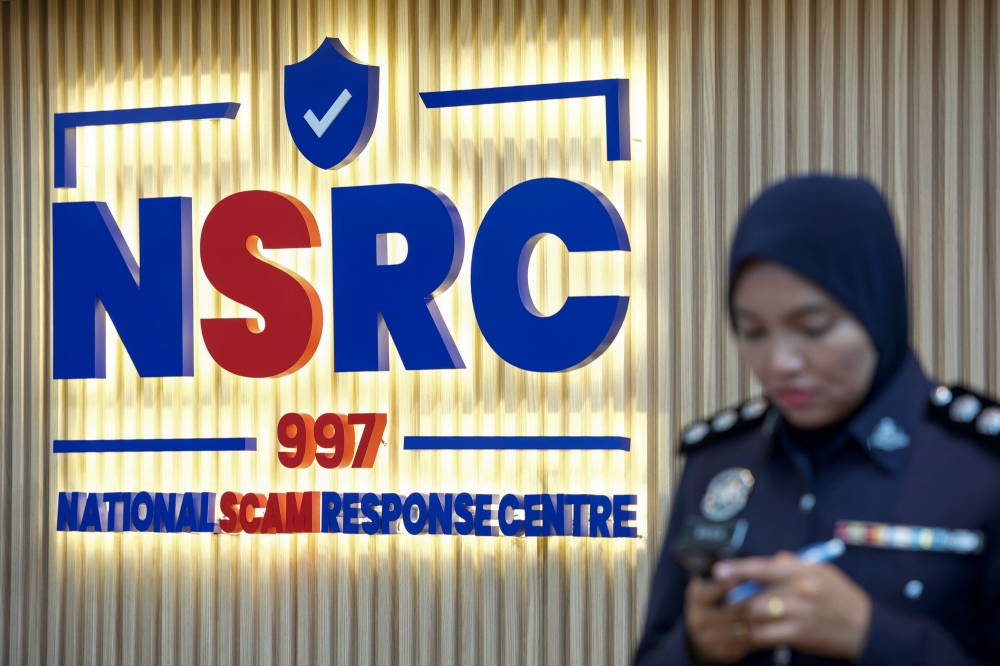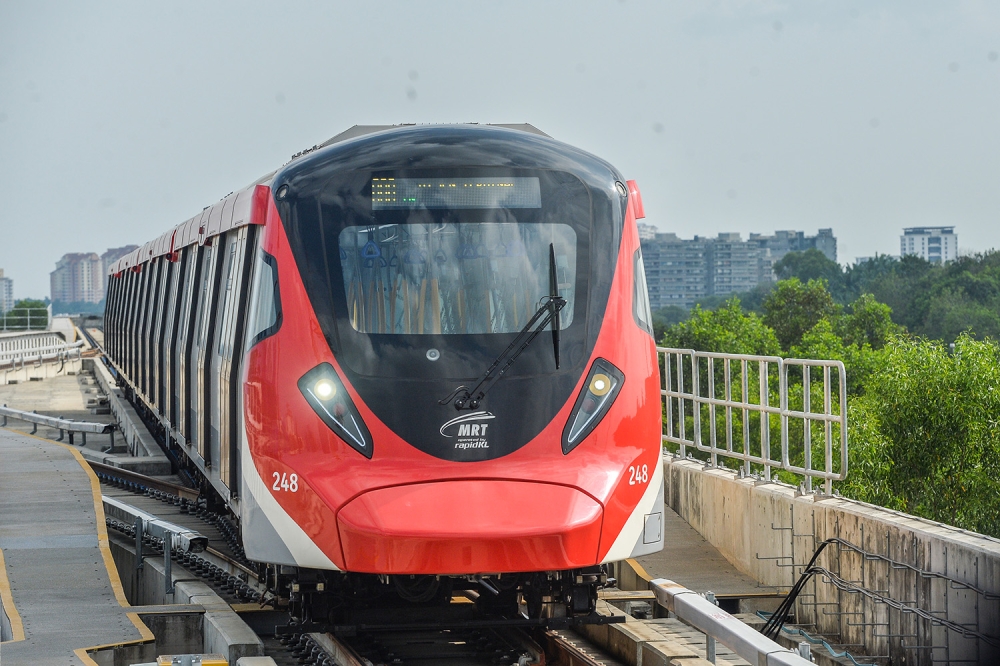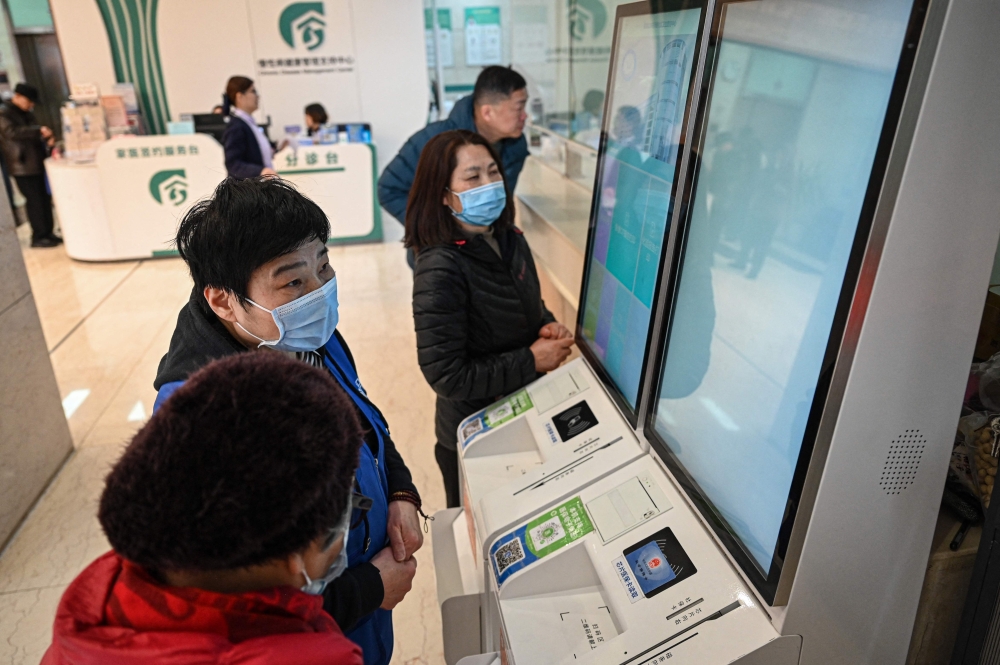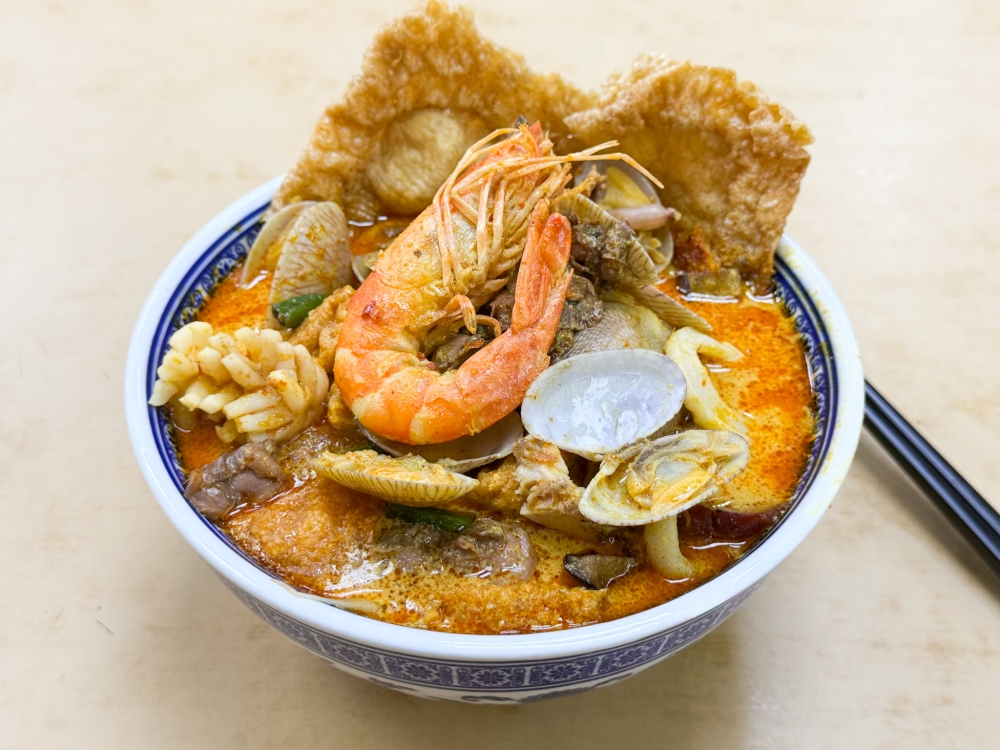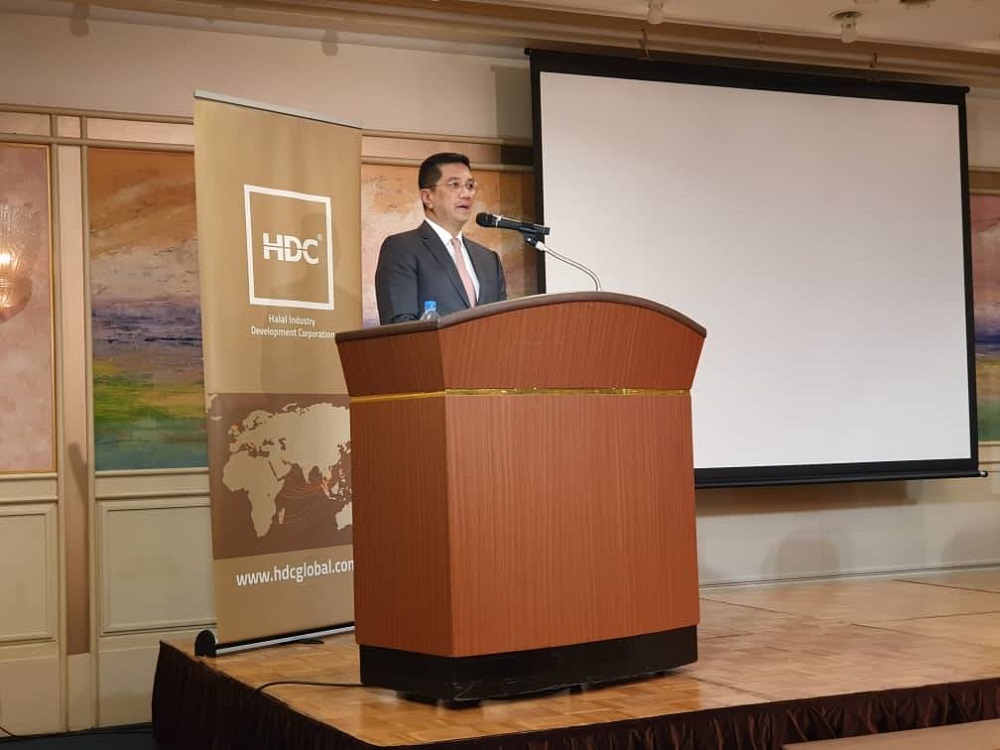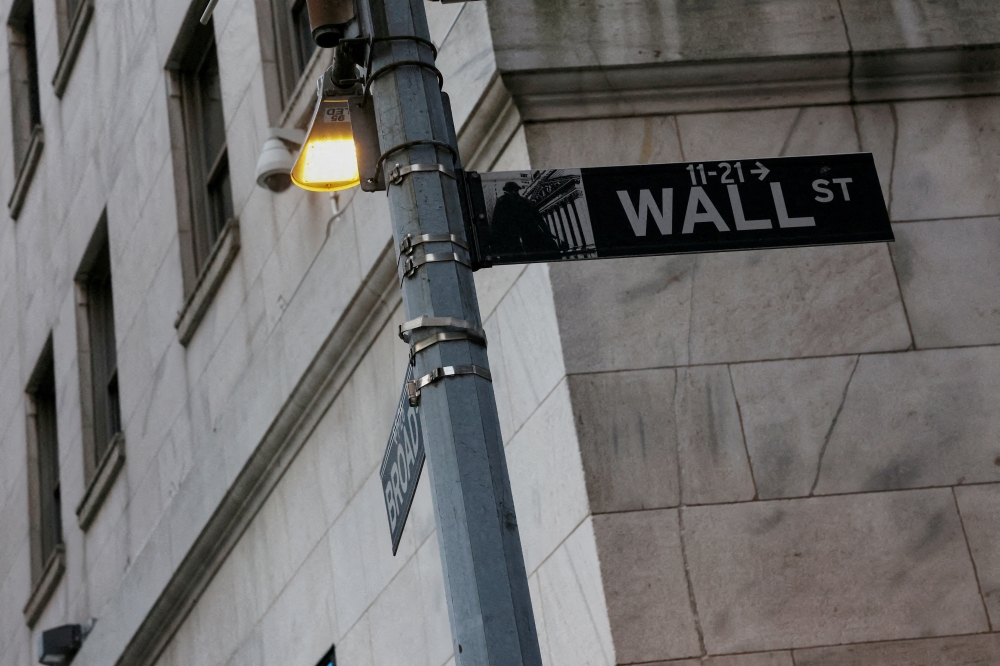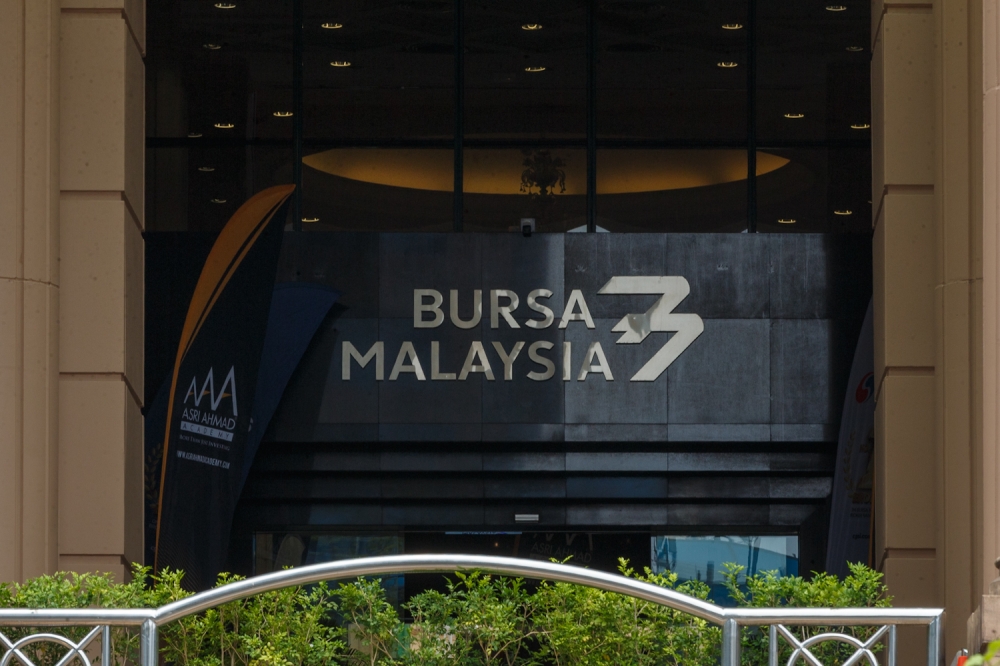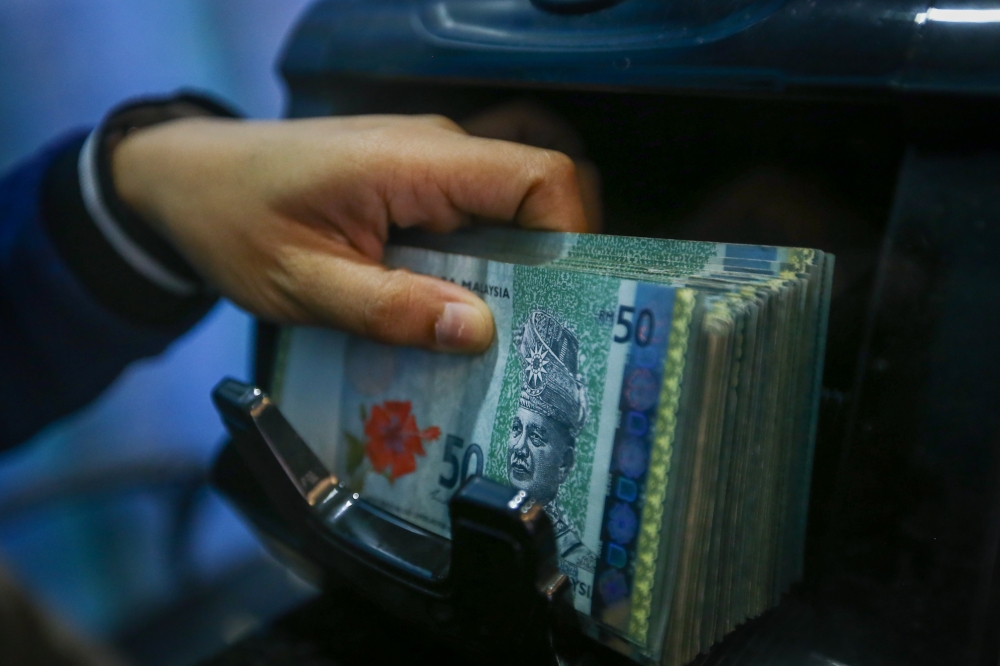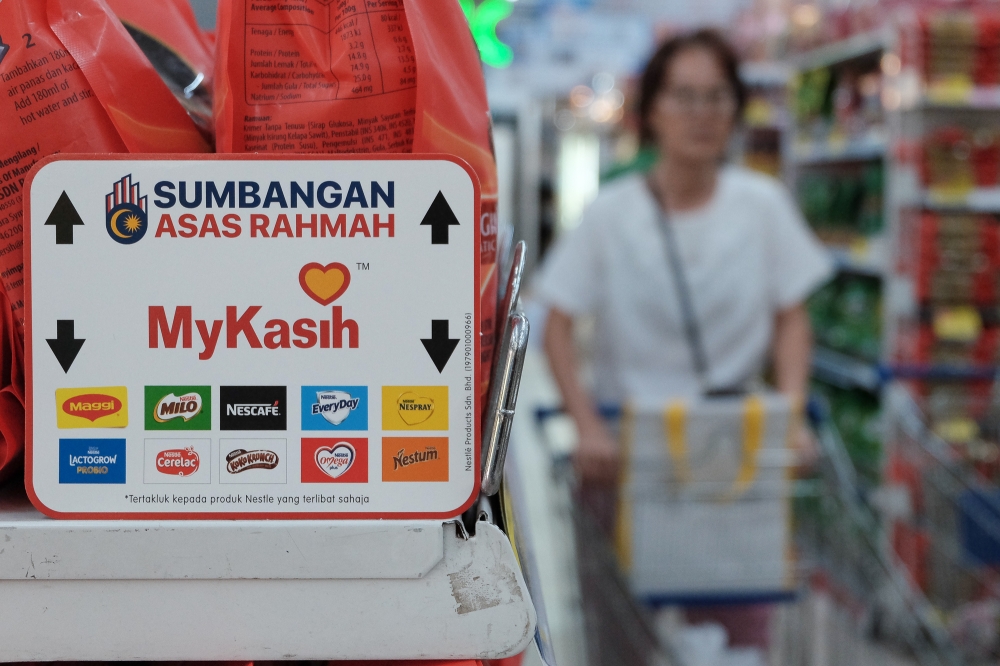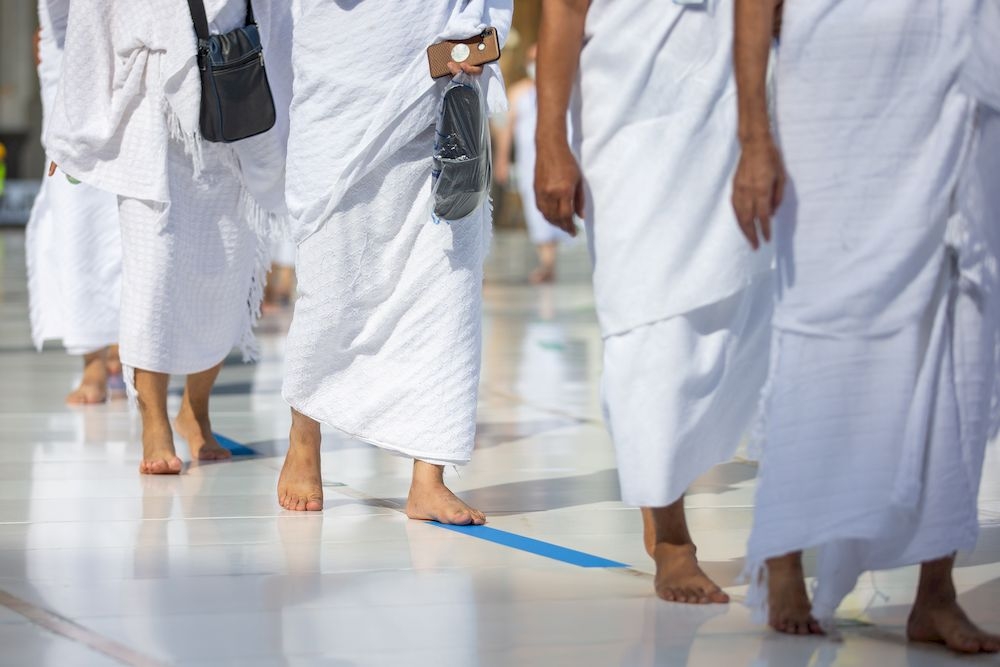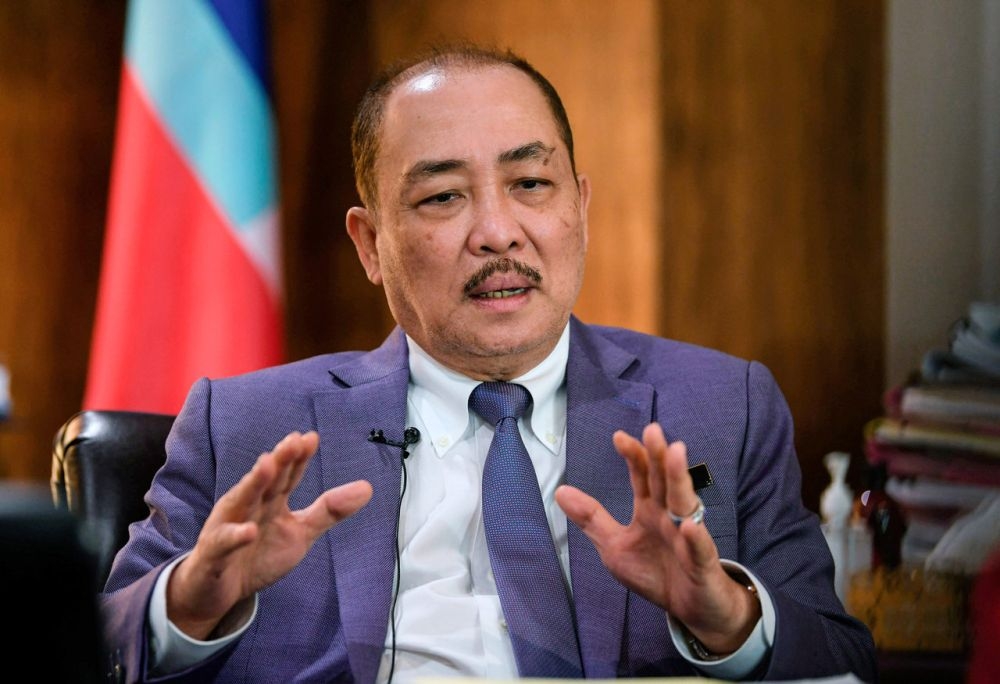TOKYO, Feb 1 — Malaysia’s export of halal products to Japan is expected to see a positive growth this year, driven by the collaboration between the Halal Industry Development Corporation (HDC) and AcrosX Japan Inc
Malaysian Economic Affairs Minister Datuk Seri Mohamed Azmin Ali said this collaboration will augment Japanese businesses to tap into the halal industry as a new revenue stream in view of the exponential growth of the Muslim-friendly segment in the region.
“This collaboration between HDC and Acrosx will open new opportunities for Malaysian SMEs (small and medium enterprises) to penetrate the Japanese halal market and explore new market opportunities for export of Malaysian halal products to Japan,” he said at the signing of memorandum of understanding (MoU) between HDC and AcrosX Japan Inc here Saturday.
The signing ceremony was witnessed by Malaysian Ambassador to Japan Datuk Kennedy Jawan.
The Muslim-Friendly Standards by HDC and Acrosx Japan was also launched at the event.
Azmin said RM2.5 billion worth of halal goods were exported to Japan in 2018, of which 90 per cent consists of halal food products and halal ingredients.
“The global halal industry today is estimated at a staggering US$3.23 trillion in 2018, with an estimated annual growth rate of 7.49 per cent.
“The MoU will enable HDC and Acrosx to develop and establish a framework for strategic cooperation between both organisations through advisory, capacity-building and technical assistance to create a vibrant and sustainable business landscape for the Muslim-friendly consumer segment in Japan,” he added.
For Malaysian enterprises, he said the MoU represents a valuable opportunity to increase bilateral trade, especially through the supply of halal ingredients and semi-processed products which were in great demand all over the world.
Azmin said HDC is the custodian of the Malaysian halal economy, and is responsible for spearheading economic development of the halal industry in Malaysia.
“As such, today’s collaboration can be seen as the beginning of a new segment for economic development in Japan, leveraging Malaysia’s expertise in halal and Japan’s industrial strength, where powerful synergies can be realised, unlocking new economic potential for both countries.
“Furthermore, with Tokyo hosting the 2020 Summer Olympics, this collaboration is poised to enable various businesses to cater to the considerable influx of Muslim tourists expected, further accenting the growing demand of halal as a key economic driver.
“Such a robust halal landscape also extends beyond the Games, supporting the growing Muslim consumers in prefectures and cities.
“It is also remarkable to note that this growth is occurring at a time where environmental sustainability, ethical responsibility and social impact are given greater emphasis in socio-economic development,” he said.
Malaysia recognises that the fulfilment of a well-structured halal ecosystem could not manifest in isolation, he said, adding that it has, and continues to rely upon the spirit of harmonious cooperation among public and private sector stakeholders.
“This is further reflected in Malaysia’s Shared Prosperity Vision 2030 to achieve sustainable and inclusive growth along with fair and equitable distribution across income groups, ethnicities, regions and supply chains,” he said.
In his opening remarks, HDC chairman Datuk Mahmud Abbas said the partnership with AcrosX will assist in further strengthening the domestic halal ecosystem by furnishing greater access to credible and meaningful Muslim-Friendly Standards.
“This initiative ultimately aims to offer greater depth, transparency, assurance and pragmatism in servicing both consumers and businesses alike.
“More specifically, the Muslim-Friendly Standards will steer its focus towards service-based companies such as hotels, restaurants, tourism spots and hospitals.
“Furthermore, I’d like to share that the new Standards will be partly implemented in Japan’s national halal training that is initiated by the Japanese Ministry of Health, Labour and Welfare under the Halal Training Expert Committee.
“This is significant step as it will offer the appropriate locus for further integration and recognition,” Mahmud said. — Bernama

